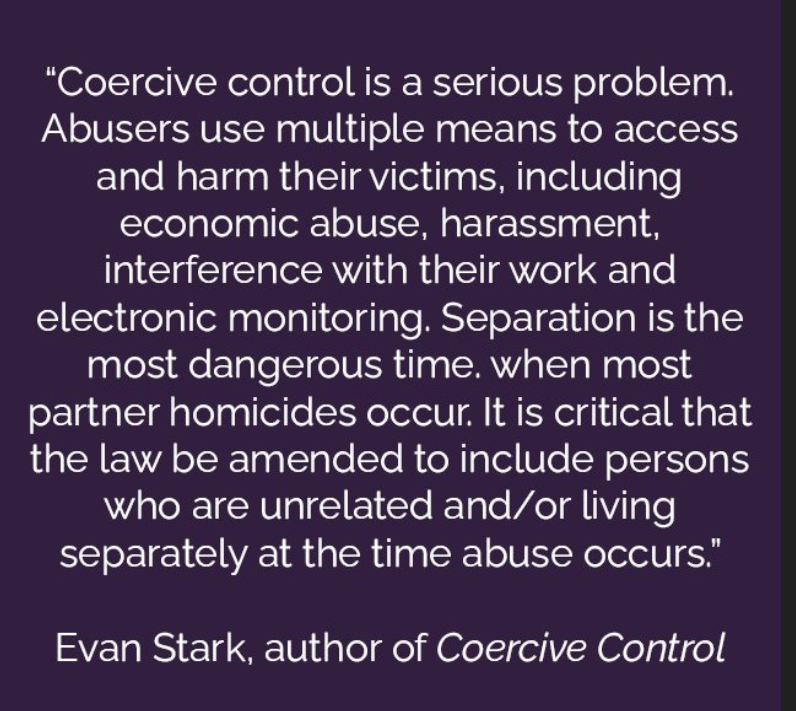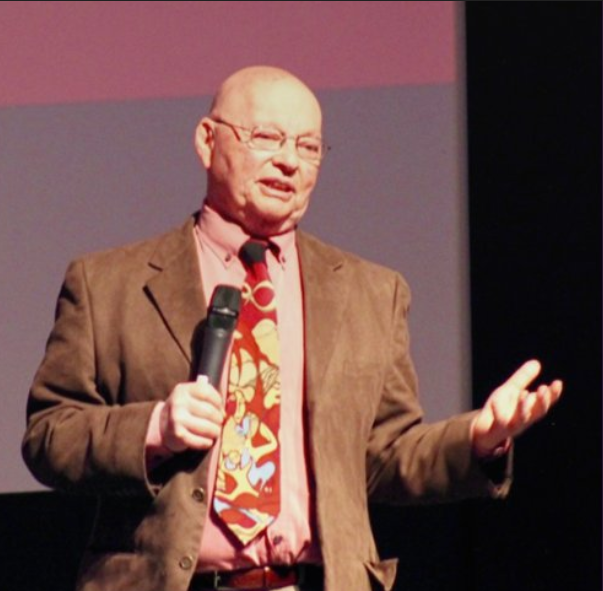Remembering Professor Evan Stark, sociologist, forensic social worker, widely published author and an award-winning researcher with an international reputation for his innovative work on the legal, policy and health dimensions of interpersonal violence, including its effects on children.
A towering figure whose groundbreaking work on coercive control has revolutionised our understanding and approach to domestic abuse worldwide. Professor Stark’s contributions to the field of sociology and his tireless advocacy for victims of intimate partner violence have left an indelible mark on academia, policy, and society at large.
Born with an insatiable curiosity and a passion for social justice, Evan Stark dedicated his life to unravelling the intricate dynamics of intimate partner violence. His journey began with a insightful realisation that traditional frameworks of domestic abuse failed to capture the nuanced complexities experienced by survivors. While physical violence was often the focal point of public discourse and legal interventions, Professor Stark recognised that psychological, emotional, and economic forms of abuse were equally insidious and damaging.
With unwavering determination, Professor Stark embarked on a quest to redefine our understanding of domestic abuse through the lens of coercive control. His seminal work, including the influential book “Coercive Control: How Men Entrap Women in Personal Life,” challenged conventional wisdom and exposed the systemic patterns of power and control that underlie abusive relationships.
Through meticulous research and compelling narratives, Professor Stark illuminated the mechanisms through which perpetrators manipulate, dominate, and subjugate their partners, extending far beyond physical violence.

Central to Professor Stark’s paradigm was the concept of coercive control as a pattern of behaviour aimed at undermining the autonomy, agency, and personhood of victims. He emphasised the strategic use of tactics such as isolation, surveillance, degradation, and economic exploitation to assert dominance and instill fear, effectively trapping individuals in a state of perpetual subjugation. By elucidating the dynamics of coercive control, Professor Stark provided a framework that resonated with the experiences of countless survivors, validating their struggles, and empowering them to seek justice and support.
Beyond academic circles, Professor Stark’s work catalysed a paradigm shift in legal and policy responses to domestic abuse. His advocacy played a pivotal role in the recognition of coercive control as a distinct form of abuse, prompting legislative reforms and institutional interventions aimed at holding perpetrators accountable and safeguarding survivors. Countries around the world began to enact laws and policies that acknowledged the cumulative impact of non-physical forms of abuse, signalling a departure from outdated notions of domestic violence solely as a matter of isolated incidents.
Professor Stark’s legacy extends far beyond scholarly publications and policy reforms; it resides in the lives he touched and the communities he transformed. As a compassionate educator and mentor, he inspired generations of students and activists to challenge injustice and advocate for the rights of the marginalised. His commitment to amplifying the voices of survivors and centring their experiences in academic discourse fostered a more inclusive and empathetic approach to understanding domestic abuse.
In addition to his academic pursuits, Professor Stark was a tireless advocate for social change, collaborating with grassroots organisations, government agencies, and international bodies to elevate awareness and mobilise resources for survivors. His efforts contributed to a broader cultural shift, wherein conversations about domestic abuse transcended taboo and stigma, paving the way for greater solidarity, support, and unity.
Let us not only commemorate his intellectual legacy but also commit ourselves to the ongoing struggle against domestic abuse in all its forms. Let us honour his memory by amplifying the voices of survivors, challenging systems of oppression, and building a world where coercive control has no place. Though he may have left this world, his vision and passion endure as a guiding light of hope and inspiration for generations to come. Professor Evan Stark’s legacy will continue to illuminate our path toward a more just and compassionate society, where every individual is free from the shackles of fear and oppression.
If you are experiencing coercive control or domestic violence, or any form of gender based violence and abuse please reach out to Women’s Aid HERE or call 1800 341 900.
Call An Garda Siochana, website HERE or call 999 / 112.





